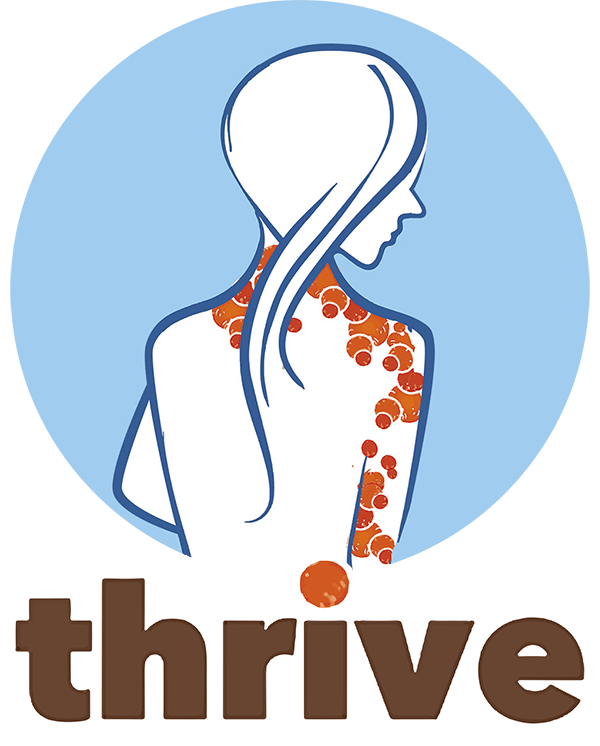Frequently Asked Questions
The following are some frequently asked questions that may help you as you manage your eczema.
Eczema is the name for a group of inflammatory skin conditions. There are 7 types of eczema and they may cause dry skin, itchiness, rashes, scaly patches, blisters and skin infections. Although there is no cure for eczema, several types of treatments may help manage eczema symptoms.1
Approximately 31.6 million people, roughly 10% of the U.S. population, have some form of eczema. Atopic dermatitis is the most common form of eczema with an estimated 16.5 million adults having the disease and 6.6 million of those adults meeting the criteria for moderate to severe disease. About 9.6 million children (<18 years) also have atopic dermatitis with one-third having moderate to severe disease.2
Atopic dermatitis is common in childhood, approximately 80% of people with the disease have onset before 6 years of age. It may also occur in adulthood with 1 in 4 adults reporting symptom onset and almost 40% being affected with moderate to severe disease. Genetics play a role; people with a family history of eczema, asthma or allergies have a higher risk of developing atopic dermatitis. Environmental factors like pollution, climate and exposure to irritants may also increase the chances of developing atopic dermatitis, and children living in urban environments have a higher risk for prolonged disease.2
Eczema may appear anywhere on the body but there are more common places depending upon age:3
- Infancy to 2 years – a red rash that my ooze when scratched typically appears on the face, scalp, and skin on the inside of joints
- Childhood (2 yrs to puberty) – a red, thickened rash that may ooze or bleed when scratched typically appears in the bend of the elbows and knees, on the neck, or on the ankles
- Teens and adults – a red to dark brown scaly rash that may bleed and crust when scratched typically appears on the hands, neck, in the bend of the elbows and knees, around the eyes, and on the ankles and feet
A trigger is something that causes or aggravates a person’s eczema. People rarely have just one trigger for an eczema flare, and flares can appear some time after exposure to a trigger making it difficult to identify potential triggers. Some common triggers include fabrics, metals, environmental (pollen, dust mites, mold, cigarette smoke), weather, pets, insects, fragrance, and stress.1
Eczema is not contagious.1
References
- What is Eczema? National Eczema Association. Medically reviewed January 27, 2025. Accessed June 20, 2025. https://nationaleczema.org/eczema/
- Eczema Stats. National Eczema Association. Accessed June 20, 2025. https://nationaleczema.org/eczema-facts/
- Atopic Dermatitis. National Institute of Arthritis and Musculoskeletal and Skin Diseases. Reviewed November 2022. Accessed June 20, 2025. https://www.niams.nih.gov/health-topics/atopic-dermatitis
